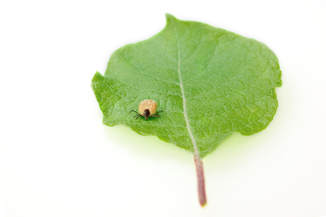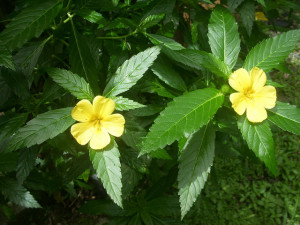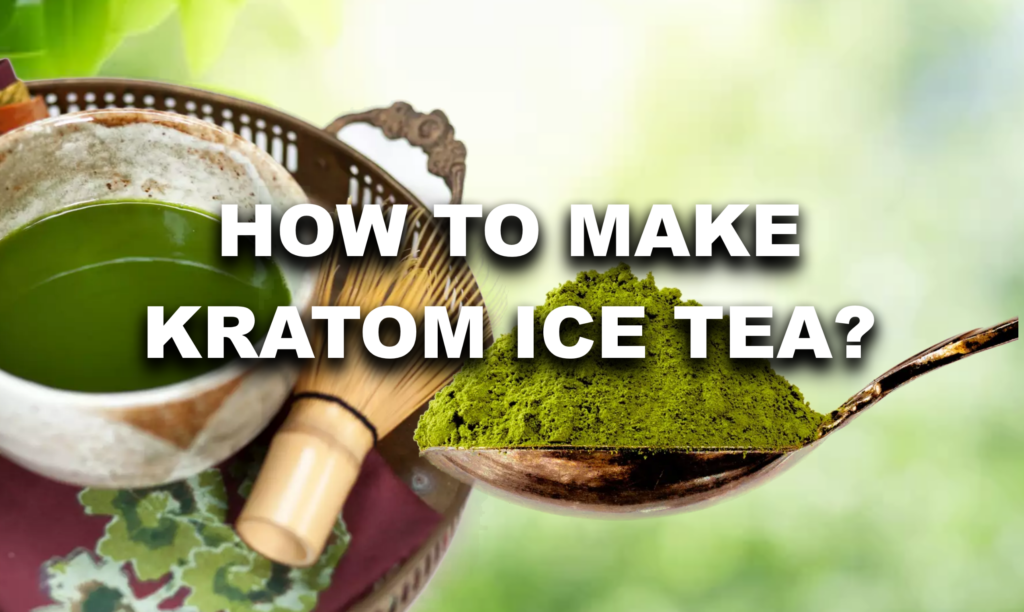Lyme disease is becoming better known. Three recent events alerted me to the infection: a patient was diagnosed with it, I saw signs in a local wood warning of the dangers of tick bites, and I attended a seminar by the Lyme disease specialist and Australian Naturopath, Amina Eastham-Hiller.The increasing incidence of Lyme disease may be caused by climate change leading to warmer winters and greater awareness and, therefore, reporting.Lyme disease is an infection caused by bacteria called Borrelia burgdorferi, which are transmitted to humans following a bite from an infected tick. Only some ticks carry the infection.The first sign that you may have contracted Lyme disease is the presence of a rash called erythema migrans, which is an expanding area of red from a central tick bite looking like a bulls-eye on a dartboard. Some people also have flu-like symptoms in the early stages, such as a high temperature, headache, muscle and joint pain, and loss of energy.If you think that you may have been bitten by a tick, it’s vital to visit your GP. Antibiotics are very effective against Lyme disease in the early stages of infection.Unfortunately, some people do not know they have been bitten by a tick, not everyone gets the bulls-eye rash, and the symptoms of Lyme disease can be misdiagnosed. The symptoms are like those experienced in other conditions such as chronic fatigue and fibromyalgia and the blood test does not guarantee diagnosis.If antibiotics are not prescribed in the early stages they can become less effective at eliminating the infection. The Borrelia bacteria are very effective at evading the action of antibiotics. They can penetrate and live inside cells or form dormant cysts gaining protection from the immune system and antibiotics.Some people develop chronic Lyme disease, which no longer responds to antibiotic treatment. And long term antibiotic use is associated with side effects which further damage health. The symptoms of chronic Lyme disease include severe fatigue, musculature pain, and mental impairment.Amina Eastham-Hillier argues that herbal medicines are very effective in the treatment of chronic Lyme disease. Herbs are selected for each individual with the following actions: antimicrobial, support for the immune system, anti-inflammatory, adrenal tonic, nervous system support, improving cognitive function, antioxidant, detoxification, and support for gut micro flora. This wide range of actions of herbal treatment both reduces symptoms and helps restore the body’s natural ability to fight the infection.Lyme disease is a complex condition and often associated with other secondary infections. NICE has issued advice to help GPs diagnose and treat Lyme disease more quickly to prevent it becoming chronic. The evidence on the benefit of prolonged antibiotic treatment is limited but herbal medicine prescribed by Medical Herbalist provides a way in which this difficult condition can be treated.


